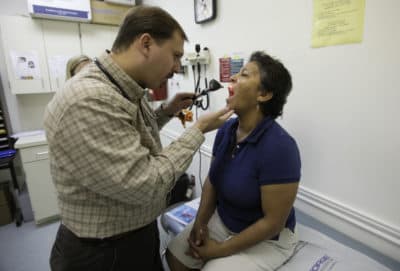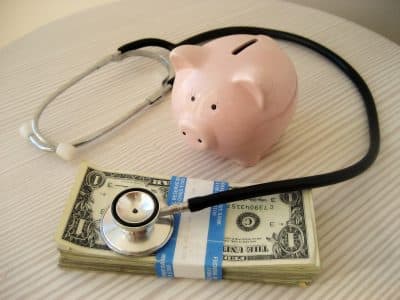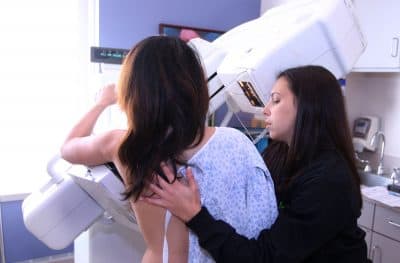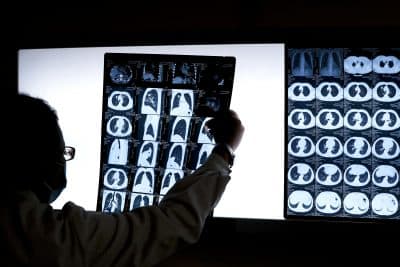Richard Knox
Senior Correspondent, CommonHealth
Richard Knox is an award-winning journalist who has reported on a broad range of topics in medicine, health, public and environmental health, global health, biomedical sciences, health economics and biomedical ethics. His reports — in print, on the air, and on the internet and social media — are known for incisiveness, authority and balance.
Knox has been a health and science correspondent for NPR and a medical writer for The Boston Globe. In addition to WBUR, his work appears in Goats and Soda, NPR's global health and development blog, and NPR's Facebook page. He's the author of a respected book on Germany's health system.
Knox has held year-long fellowships at Stanford and Harvard. He's a graduate of the University of Illinois and Columbia University.
Recently published

Report: No Drop In Medical Errors, But Their Human Toll Endures
Medical errors don't always involve flashing neon mistakes. They often involve a cascade of omissions that never get acknowledged, much less counted. And they can take a lasting physical and...

Defining Blackout: Why Understanding Alcohol-Induced Amnesia Is Crucial Amid Kavanaugh Allegations
"I've seen the prevalence of blackouts ranging anywhere from 10 percent to up to 50 percent of young people who drink," says Dr. Richard Saitz. "It's fair to say it's...

Are Immigrants Health Care 'Moochers'? On The Contrary, Boston Researchers Say
More than half of Americans think immigrants are at least partly responsible for the nation's high health care costs. Their actual spending tells a different story.

Affording Miracles: As Biotech Victories In Gene Therapy Excite, Costs Spur Quest For New Ways To Pay
The first-approved gene therapy costs an eye-popping $142,000 per drop, helping to spur the quest to find better ways of pricing and paying for these miraculous new treatments.

Harvard Study: Clearing Your Mind Affects Your Genes And Can Lower Your Blood Pressure
Harvard researchers pinpointed dozens of genes that operated differently in people whose blood pressure dropped after they started meditating.
Advertisement

Why Are U.S. Health Costs The World's Highest? Study Affirms 'It's The Prices, Stupid'
The overriding reason for our out-of-whack costs is the exorbitant price tag attached to everything from doctors' time to prostatectomies to brand-name drugs, the Harvard study finds -- not extra...

New Cancer Treatments Top $500,000 And Raise Daunting Questions About How To Pay
CAR-T cell therapy gives new urgency to a long-simmering question: Is there any ceiling on cancer drug prices?

Preemie Prevention Drug Costs 53 Times More Than Generic, But Researchers Find It's No Better
A Harvard study finds the drug Makena costs 53 times more than a generic version mixed in compounding pharmacies, but the two versions were equally safe and effective in preventing...

With Cancer Diagnoses, Better-Off Americans May Get Too Much Attention
Death rates for four common cancers were nearly identical over 38 years in richer and poorer counties, even though the rate of cancer diagnosis was much higher among the more...

A Friend Dies As Scientists Ponder: Just How Preventable Are Most Cancers?
"People want a reason why these cancers happen," Dr. Bert Vogelstein says. "Well, here’s the reason: Cells make mistakes. That’s just bad luck."